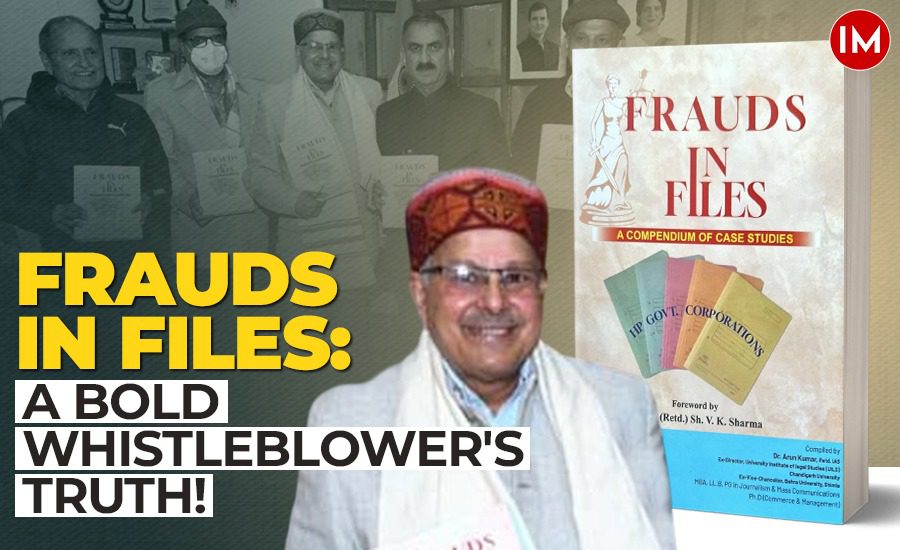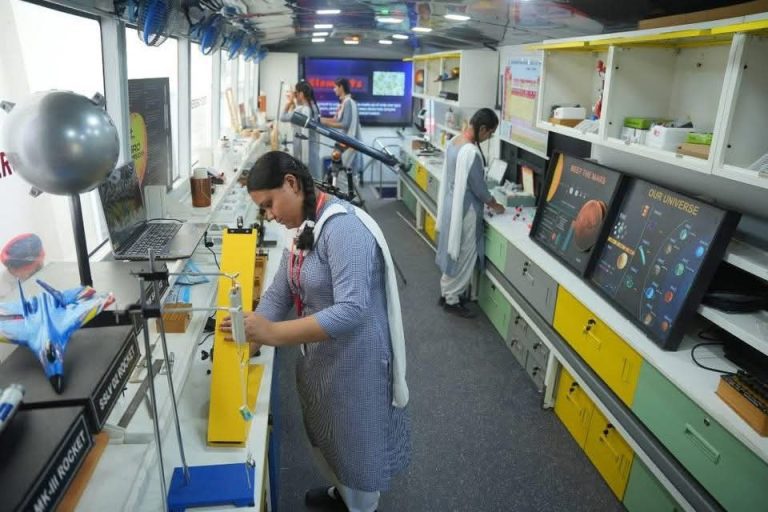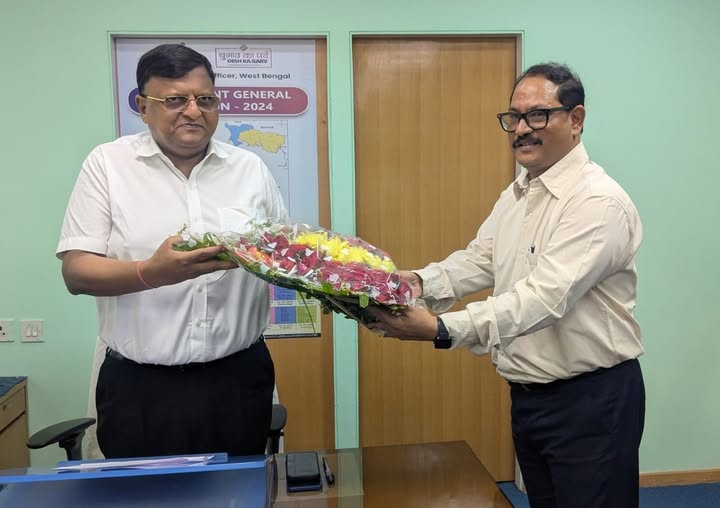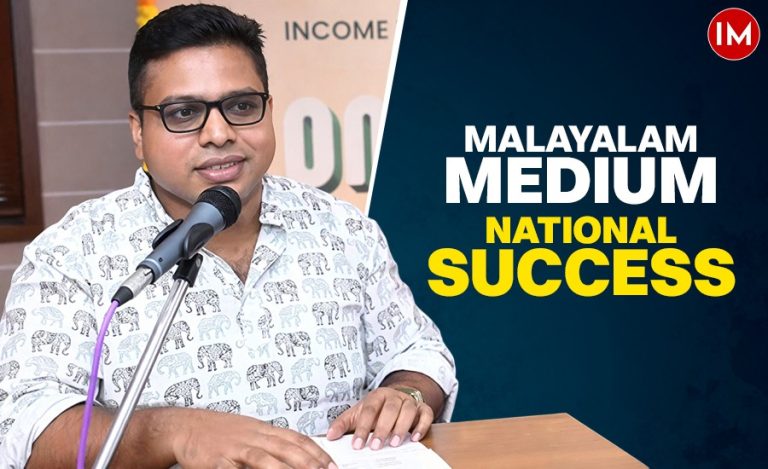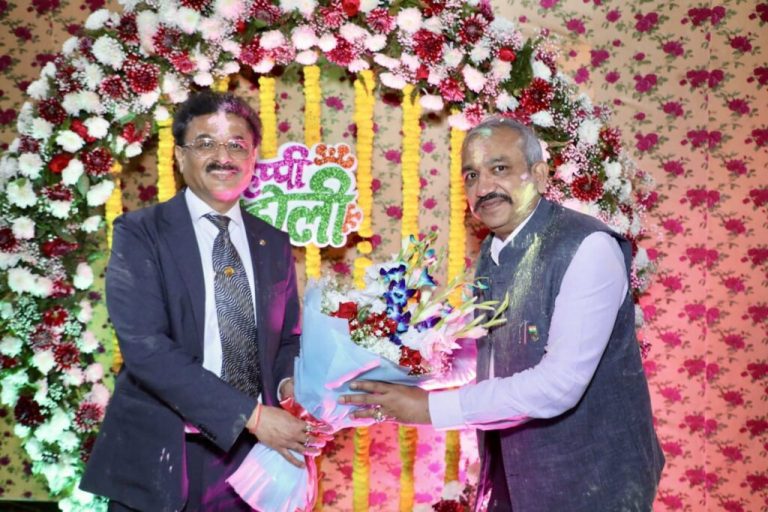In a powerful confluence of experience, courage, and commitment to public service, retired 1989 batch IAS officer of Himachal Pradesh cadre, Dr Arun Sharma has sparked a vital conversation with the release of his latest book, Frauds in Files – A Compendium of Case Studies.
Launched on March 6, 2025, at the historic Oak Over residence of Himachal Pradesh Chief Minister Sukhvinder Singh Sukhu, the book dives deep into the often-unseen cracks within the administrative system.
More than just a collection of case studies, it’s a whistleblowing narrative that pulls back the curtain on entrenched inefficiencies and systemic failures – particularly in the Education Department and public sector undertakings. With support from the Chief Minister himself and in the presence of key legislators and dignitaries, the event wasn’t just a book launch – it was a bold step toward Vyavastha Parivartan, a reformative vision for governance in Himachal Pradesh.
FRAUDS IN FILES: AN EYE-OPENING COMPENDIUM
Described by Dr. Arun Sharma as an ‘eyeopener,’ Frauds in Files is a daring 500-page exposé that meticulously documents a pattern of unchecked corruption, diluted justice, and bureaucratic inertia plaguing India’s public institutions. Drawing from his decades-long career in the Indian Administrative Service (IAS), Dr Sharma – also a respected academic – presents a powerful and deeply researched series of real-world case studies that unveil the systemic erosion of governance. The book reveals how a parallel, fearless, and unaccountable system has quietly hollowed out institutions that were once pillars of public service.
Through manipulated departmental inquiries, misuse of administrative rules, and the continued placement of tainted officials in key positions, Frauds in Files lays bare the mechanisms by which integrity is compromised. From fake degree scams, ghost employees, and embezzlement to the shocking Himachal Pradesh Scholarship Scam – which Sharma suggests rivals even Bihar’s infamous Fodder Scam – the narrative is grim, yet vital. The book also confronts the harsh reality of unqualified and even legally accused educators, including those with POSCO charges, continuing unchecked under the gaze of a bureaucratic ‘deep state.’
Dr Sharma exposes how legislated enactments are quietly diluted through judicial loopholes, procedural lapses, and regulatory inaction. Factually inaccurate reports submitted to the Vidhan Sabha, along with a culture of weak oversight, further underscore the dire state of public accountability. This book is more than just a catalogue of bureaucratic failures-it is a mirror held up to the soul of democratic governance, compelling readers to face uncomfortable truths.
A must-read for lawmakers, civil servants, legal professionals, judicial officers, aspiring bureaucrats, and all concerned citizens, Frauds in Files serves both as an academic resource and a call to action. With the discerning insight of a seasoned administrator and scholar, Dr. Arun Sharma delivers a profound and unsettling account of how silence and complicity continue to deform the very foundations of public trust.
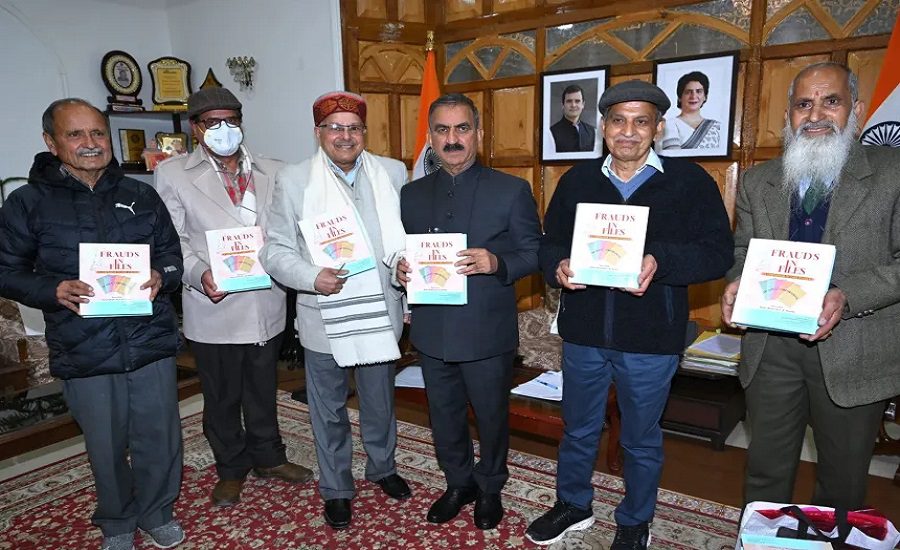
THE SCHOLARSHIP SCAM
Among the most alarming revelations is what Dr Sharma calls the Scholarship Scam, potentially bigger in scale and impact than Bihar’s infamous Fodder Scam. The scam involved large-scale financial misappropriation in disbursement of student scholarships. Due to weak accountability, many beneficiaries existed only on paper, while real students suffered.
Even more disconcerting was the manipulation of the inquiry system: serious offenses were disguised as minor infractions under Rule 16 of the CCS (CCA) Rules, 1965, thereby enabling corrupt officials to avoid dismissal and retire with full benefits.
A CULTURE OF DELAYED JUSTICE
By 2018, the Education Department had 225 pending preliminary inquiries – a backlog Dr Sharma attributes to a culture of delay and leniency. Fake degree appointments and unauthorized absences, some spanning over a decade, were left unpunished. Inquiry officers often retired before concluding investigations, effectively burying cases.
A glaring example is the case of O.C. Guleria, involving current Principal Secretary of Education Rakesh Kanwar. Despite the seriousness of the charges dating back to Kanwar’s tenure as State Project Director, no substantial action was taken.
GHOST EMPLOYEES AND LAX OVERSIGHT
Cases like that of Asha Ambiya, who went on earned leave in 2013 and never returned, highlight gross administrative negligence. Despite clear guidelines under FR 17-A for dismissal due to unauthorized absence, her case lingered under minor penalty rules, allowing her to continue drawing a salary for years.
Similarly, Subhash Chand, caught red-handed transporting evaluation answer sheets illegally, was let off with a light penalty, further proving how serious breaches were treated with alarming casualness.
A CALL FOR ACCOUNTABILITY
In August 2018, Dr. Sharma had issued a powerful notification urging the Education Department to convert preliminary inquiries into criminal investigations, especially for financial frauds and fake degree cases. He advocated for filing FIRs, enforcing disciplinary action, and even invoking IPC Section 120B to hold supervisory officers criminally accountable for enabling corruption.
This warning, however, fell largely on deaf ears-until now.
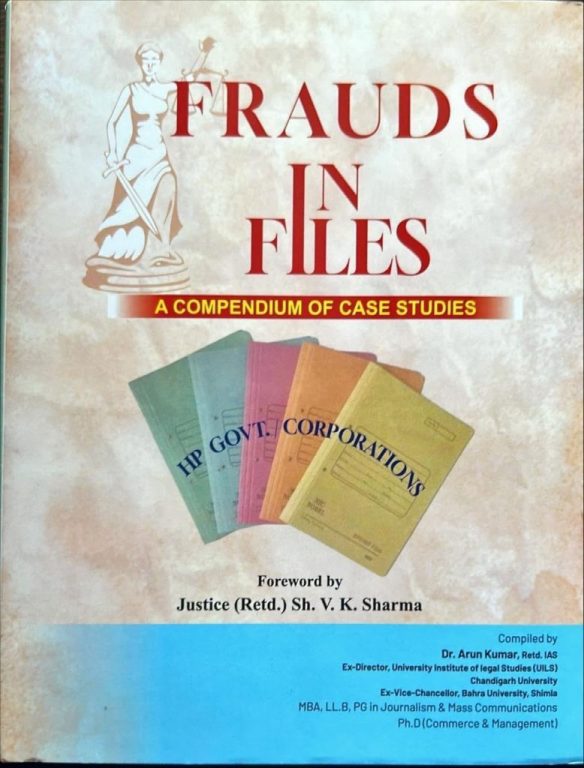
A SWIFT REACTION BY THE GOVERNMENT
In the wake of the book’s release, the Education Department took immediate steps. On March 7, 2025, the Director of Higher Education ordered district officials to submit lists of staff with unexplained long absences. A new emphasis was placed on monitoring attendance, reporting misconduct, and updating the status of FIRs.
The directive acknowledged administrative failures and promised stricter vigilance. While this may be reactive, it signals a shift-perhaps the beginning of the very Vyavastha Parivartan the Chief Minister envisions.
A MESSAGE FOR REFORMERS AND REALISTS
Frauds in Files is more than just a book – it’s a clarion call to lawmakers, administrators, educators, and citizens. Dr. Arun Sharma, both a seasoned bureaucrat and a respected academic, lays bare the hidden mechanics of bureaucratic failure and systemic decay. His writing doesn’t just describe problems; it demands a response.
For aspiring civil servants, legal professionals, and policy analysts, the book is a treasure trove of real-world case studies that challenge the textbook understanding of governance.
ABOUT HIM
Dr Sharma concluded his illustrious administrative career in 2018 after decades of dedicated service. Armed with an impressive academic portfolio – including an MBA, LL.B, Postgraduate degree in Journalism & Mass Communication, and a Ph.D. in Commerce & Management – Dr Sharma seamlessly blended academic excellence with hands-on governance.
Over the course of his career, he held several prominent positions in the Himachal Pradesh government. He served as the Secretary, Education Department, Director of Tourism and Civil Aviation, and Special Secretary (Coordination and Monitoring) in the Chief Minister’s Office. Notably, during his tenure as Director of Tourism, Himachal Pradesh was honored with the prestigious Outlook Traveller Award in 2011 for being recognized as the best summer destination in India. He also served as Special Secretary-cum-Private Secretary to the Chief Minister, a role that placed him at the strategic center of governance and policy implementation.
His post-retirement journey has been equally impactful in the academic domain. He has served as the Ex-Director of the University Institute of Legal Studies (UILS) at Chandigarh University and as the Vice-Chancellor of Bahra University, Shimla. His unique blend of administrative insight and academic leadership continues to influence students, policymakers, and aspiring civil servants alike.
TOWARDS A TRANSPARENT TOMORROW
With this book, Dr Sharma has held a mirror to the system-unflinching, unfiltered, and unapologetically honest. The hope now is that this mirror becomes a window through which reform can enter.
As Himachal Pradesh grapples with these revelations, the onus is on its leaders-not just to act, but to act decisively. If taken seriously, the book could serve as both a manual and a mandate for meaningful, measurable change.
Buy Book from Here: Frauds in Files: A Compendium of Case Studies on Government and Corporate Frauds, Foreword by Justice V.K. Sharma

